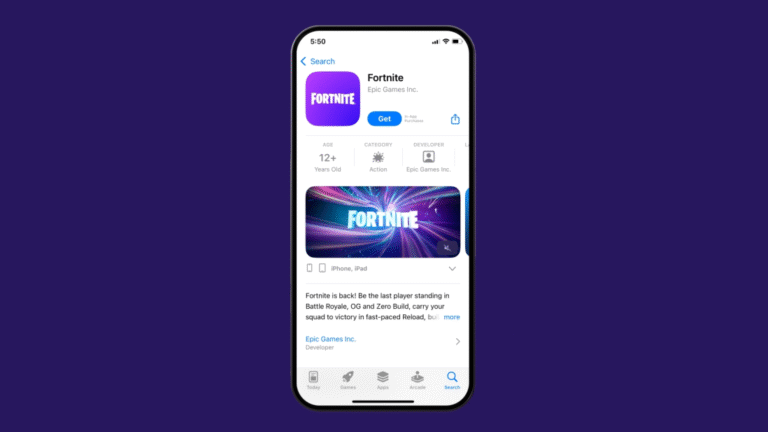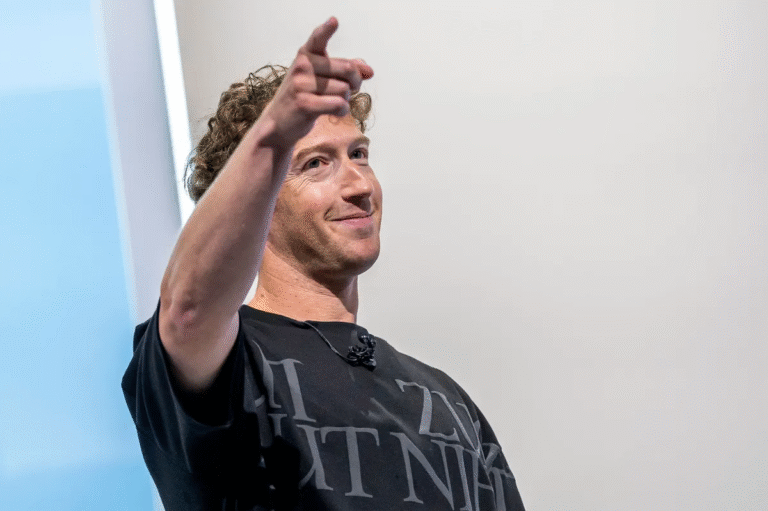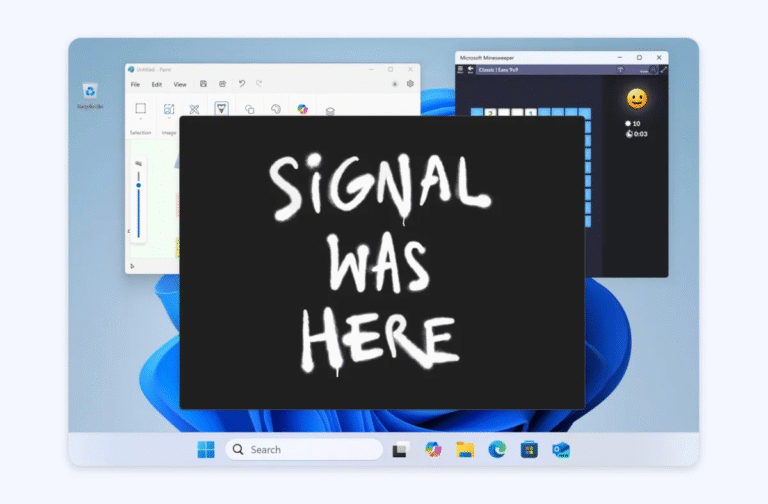In a competitive game, Anthony Volpe couldn’t recall the last time he had batted ninth.
The vivacious Yankees youngster has been the best hitter on every team he has played on for a large portion of his brief career. He has never been at his worst. Volpe earned the second-largest amount of applause behind only returning hero and 2022 AL MVP Aaron Judge, despite the fact that his name was the last of the Yankees hitters to be announced during Opening Day introductions on a bitterly cold Thursday afternoon.
Volpe leapt out of the home dugout as the crowd cheered, a huge, childlike grin covering his face. Everyone who knows the 21-year-old would tell you that he almost always has a smile on his face. wherever: during practise, in the weight room, at the DMV, or anywhere else. The young person is extremely lucky and is aware of it. Yet a baseball pitch is where he is happiest.
He was beaming from ear to ear as he passed through the team’s handshake line with the number 11 pasted over the pinstripes on his back. Why else would he not be? Simply put, his 5-0 victory over the Giants in his MLB debut stands as the pinnacle of his brief existence.
Volpe has always been a fan of the Yankees despite being a New York City native and a Watchung, New Jersey, native. Michael, his father, loved the New York Yankees. Anthony, Michael’s father, was also. Little Volpe spent evenings dreaming of one day playing shortstop for the Yankees, just like every other big-dreaming baseball child in the tri-state area. He grew up idolising Derek Jeter and had posters of him attached to his bedroom wall.
Except on Thursday, Volpe lived the dream.
At his postgame press conference, he admitted, “I probably had chills the entire day. “But just to be there, experience the same level of fan acclaim that I did, and then be free to play. That was possibly the most enjoyable.”
Volpe undoubtedly dreamed of hitting a home run or at the very least a single. But, the 5-foot-9 shortstop’s debut was more than commendable for someone who, a year ago, couldn’t even legally buy a beer. In his first professional plate appearance, it began with a cool-headed full-count walk against San Francisco ace Logan Webb, which was swiftly followed by a stolen base. His work would finally result in two terrific defensive plays: a quick charge and toss to first on a slow roller, then a slick feed to second for a double play.
A sizable group of extended friends and family down the first-base line stood up as the youngest Yankee to start on Opening Day in 27 years — coincidentally, since Jeter — went to the plate for his first at-bat to start the third inning. Lifelong friends who had travelled from out of town, cousins wearing Yankees blankets over their shoulders, and former travel ball coaches wearing hastily printed “VOLPE” shirseys all pulled their phones out of their pockets at the same time to capture a moment they had been thinking about for a very long time but hadn’t anticipated happening so soon.








